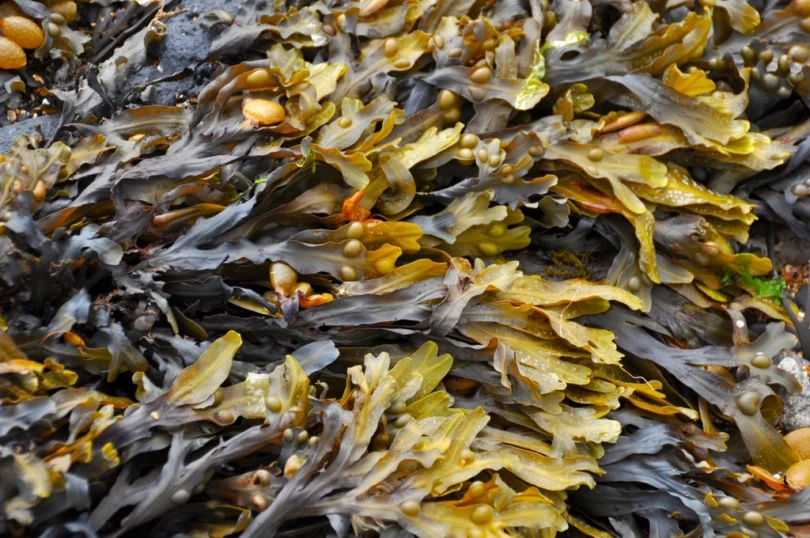
learn more
When we think about superfoods, phytoplankton might not be the first thing that comes to mind. However, these microscopic marine organisms pack a powerful punch when it comes to health benefits.
Let’s delve into the fascinating world of phytoplankton and discover how they can contribute to our well-being.Nutrient-Rich PowerhousesPhytoplankton are nutrient-rich organisms that thrive in oceans and freshwater bodies. They are loaded with essential vitamins, minerals, amino acids, antioxidants, and omega-3 fatty acids. This nutrient profile makes them a potent source of health-promoting compounds.
1. Omega-3 Fatty Acids
One of the standout benefits of phytoplankton is their high content of omega-3 fatty acids, particularly EPA (eicosapentaenoic acid) and DHA (docosahexaenoic acid). These fatty acids are known for their role in promoting heart health, reducing inflammation, supporting brain function, and even improving mood and cognitive function.Studies have shown that consuming omega-3s from marine sources like phytoplankton can lower the risk of cardiovascular diseases, improve lipid profiles, and enhance overall well-being.
2. Antioxidants
Phytoplankton are also rich in antioxidants such as carotenoids, chlorophyll, and flavonoids. These compounds help neutralize free radicals in the body, which are unstable molecules that can cause oxidative stress and damage cells. By consuming antioxidants from phytoplankton, we can protect our cells from premature aging, chronic diseases, and inflammation.
3. Nutritional Density
Despite their tiny size, phytoplankton are incredibly nutritionally dense. They contain a wide range of vitamins, including vitamin C, vitamin E, vitamin K, and various B vitamins like B12 and folate. These vitamins play essential roles in immune function, energy production, nerve health, and DNA synthesis.
4. Detoxification and Immune Support
Some species of phytoplankton, such as chlorella and spirulina, are known for their detoxifying properties. They can help remove heavy metals and toxins from the body, support liver function, and boost the immune system. This makes them valuable additions to detox regimens and overall health maintenance.
5. Skin Health and Beauty
The nutrients found in phytoplankton can also benefit skin health and beauty. Omega-3 fatty acids help maintain skin elasticity, reduce inflammation, and promote a healthy complexion. Antioxidants protect against UV damage and environmental stressors, while vitamins and minerals support collagen production and skin repair.Incorporating Phytoplankton Into Your Diet.
While phytoplankton supplements are available in various forms like capsules, powders, and extracts, it’s essential to source them from reputable sources to ensure purity and potency.
Additionally, incorporating whole foods like algae-based snacks or incorporating spirulina and chlorella powders into smoothies or recipes can provide a natural and sustainable way to reap the benefits of phytoplankton.
ConclusionPhytoplankton may be tiny organisms, but their health benefits are undeniably significant. From omega-3 fatty acids and antioxidants to vitamins, minerals, and detoxification properties, they offer a holistic approach to supporting overall health and well-being. By including phytoplankton in our diets, we can tap into nature’s powerhouse and enhance our vitality from the inside out.



